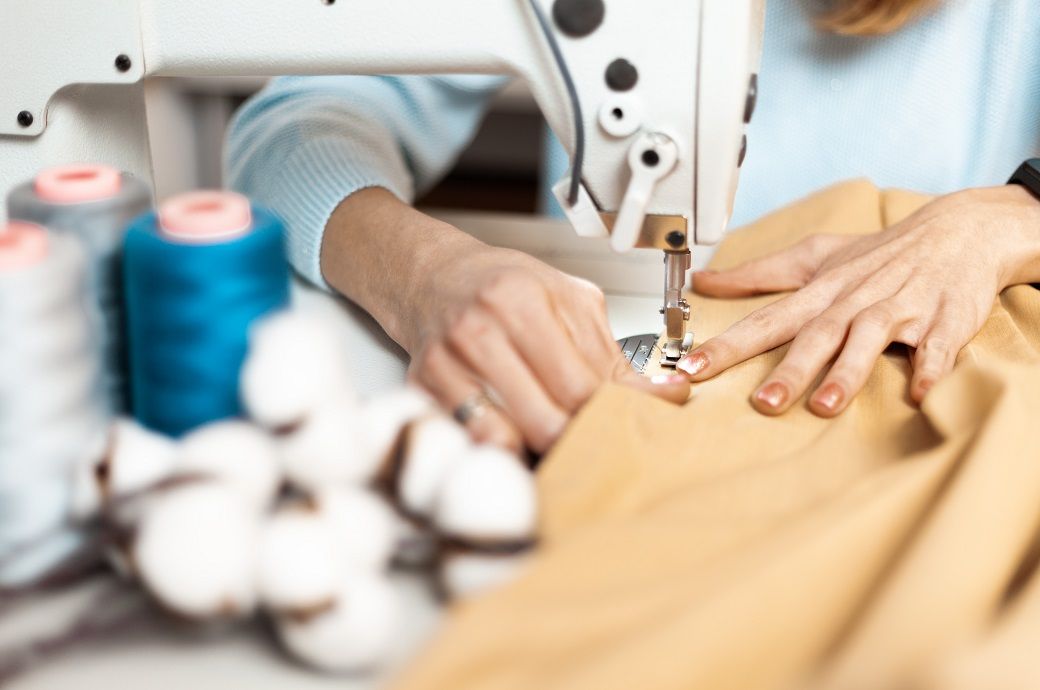Indian apparel and home textile exporters need to quickly move towards environmental, social, and governance (ESG) norms to achieve the goals set by the European market.
Europe aims to have 50 per cent of imports produced under the principles of sustainable development by 2030. Tiruppur, India's garment cluster, has taken the lead in meeting these ESG goals, allowing exporters to strengthen their position in the European market.
India’s Apparel Made-ups Home Furnishing Skill Sector Council (AMHSSC) is working to ensure the production of ready-made garments, made-ups, and home furnishings adhere to sustainability standards and certifications in line with ESG norms. The council has established a memorandum of understanding (MoU) with Bluesign Technology of Switzerland for Tiruppur exporters. Bluesign Certification is recognised by various leading European and American brands and buyers.
During an event organised by the Tiruppur Exporters Association (TEA) in Tiruppur, Daniel Rufenacht, chief executive officer of Bluesign Technology, Switzerland, explained the process of documentation and certification for sustainable production norms through a video presentation. Dr. Sakthivel, chairman of AMHSSC, stated that Tiruppur was at the forefront of adopting sustainability concepts on a global level. The Tiruppur cluster will be able to meet the requirements of European legislation expected to take effect in 2030.
K M Subramanian, president of the Tiruppur Exporters’ Association, said at the event that awareness has been raised among Tiruppur manufacturers regarding sustainable production techniques, including zero discharge, green power generation, mass tree plantations, and rainwater harvesting.
Published on : 2nd March 2024
Source : Fibre2Fashion

